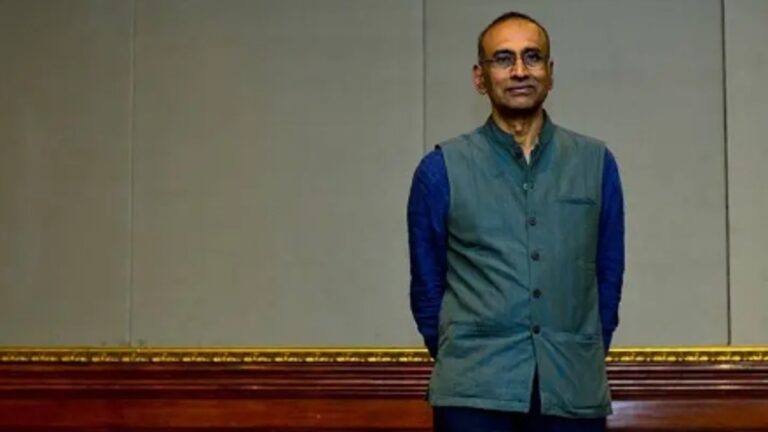As scientific progress advances, the quest for immortality grows stronger. But should we go against nature, and does death also serve a necessary purpose? Where should we draw the line when it comes to the ethics of fighting aging? Venki Ramakrishnan, who won the Nobel Prize in Chemistry in 2009 for elucidating the structure of the ribosome, talks about his new book Why We Die. I'm trying some answers. Edited excerpt:
Is immortality possible?
I don't think there is such a thing as “true” immortality. Even if scientists succeed in slowing or reversing aging, these interventions will not be perfect, and the accumulation of damage will spread over time. We also don't know how this affects brain aging, which is a particularly difficult problem. Of course, this ignores other causes of death such as disease, starvation, climate change, and war.
What does the scientific community say that we should age gracefully and embrace aging?
I think science can play a role in ameliorating some of the debilitating effects of old age.But I think we need to embrace that radical life
As you write in your book, between the anti-mortality and anti-morbidity arguments, both of which have undesirable consequences, if you had to choose, which would you choose and why? What is?
The two groups are not strictly opposed. Everyone wants to see progress in anti-disease rates. However, some believe that it is possible to postpone death, even for a long time. That may be true in theory, but I don't think it's feasible in the foreseeable future.
He writes that more than 700 startups have entered the anti-aging business over the past decade, with billions of dollars invested. Do you think challenging aging is more commercial and superficial than scientific and biological, both in pursuit and necessity?
I think it's a mix. Much of the support for aging research comes from governments facing societies in which the proportion of the population aged 60 and over is steadily increasing, and the population distribution is becoming more skewed towards older age groups, combined with declining birth rates. Therefore, it is important for society to find ways to help older people remain healthy, independent, and, if possible, productive.
You're thinking a lot about the ethics of anti-aging. From rebellion against nature to questionable treatments, do you find it unethical in the first place, or is it only the social inequality it will create that bothers you?
If going against nature means human intervention in natural processes, we have been doing so ever since we discovered tools and fire, not to mention modern medicine. However, I think it is unethical to promote questionable treatments with little or no evidence, and this has also been done throughout our history. Social inequality is also a real problem, and new technologies can exacerbate it.
Given the increasingly polluted environment we live in and the stressful lives we lead, disease, and the increasing likelihood of it as a result of our environment, is counterintuitive. Isn't the quest for death ironic?
You can also ask questions about priorities and amounts.
As a biologist, how much do you trust genetics when it comes to longevity, and how much do you trust environment and lifestyle in percentage terms?
There's no simple answer to this. A study of Danish twins suggests that the heritability of longevity is about 25%. However, in Caenorhabditis elegans, a single gene mutation increased her lifespan by twice as long. However, these mutations have other effects and are deleterious early in life, so they are not selected for in the wild.
If it were possible, would you choose immortality?
If you asked me today, I would say that an endless life could be pretty boring and I don't want it. On the other hand, there's an old joke that asks who wants to live to be 100 years old, and the answer is 99-year-olds. Most of us instinctively have a will to live.


